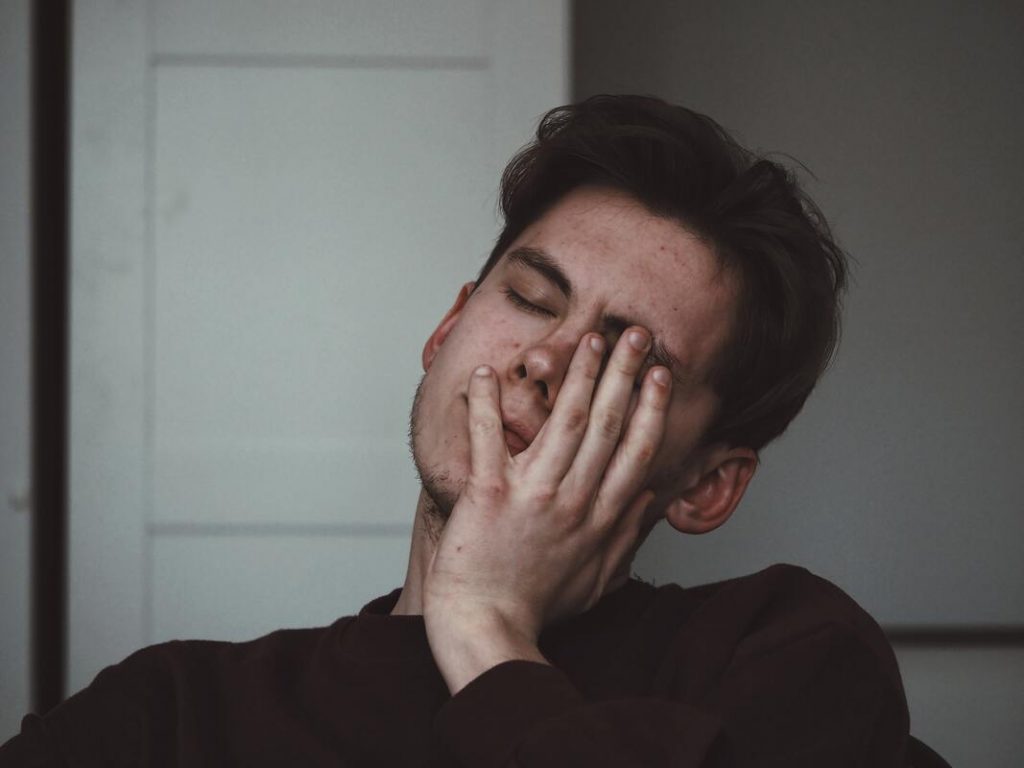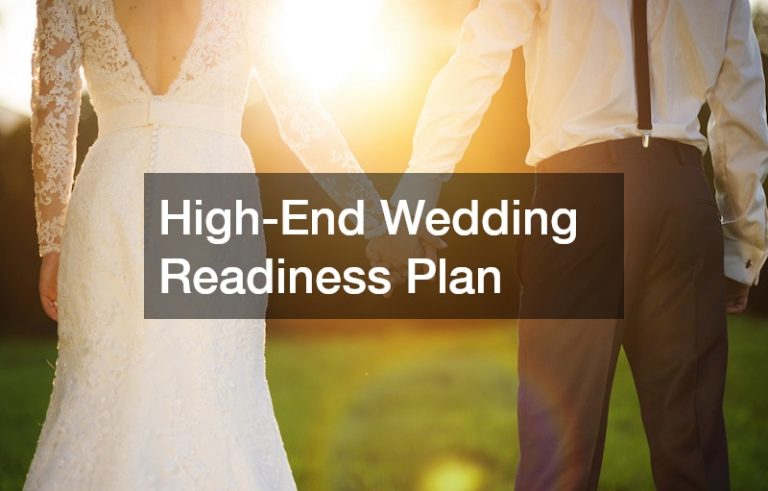When it comes to body image, most people think of how they look on the outside. But body image is so much more than that. It’s also about how you feel on the inside. In this day and age of social media, it’s easy to get caught up in comparing yourself to others and feeling like you’re not good enough.
Airbrushing and Photoshopping are some ways that people can make themselves look perfect. Beauty filters can even take a toll on mental health. But the truth is, nobody’s perfect. And comparing yourself to someone who’s been edited to within an inch of their life will only make you feel worse about yourself.
These harmful comparisons can lead to negative consequences, including loss of self-confidence. Your body image greatly influences your self-esteem. If you have a negative view of your body, it can lead to low self-esteem and a poor body image. This can impact your lifestyle choices in several ways. Here’s how:
1. You nitpick your appearance
If you’re constantly critiquing your appearance, it can lead to a preoccupation with your looks. This can take up a lot of time and energy that could be better spent elsewhere. It can also make you more likely to engage in unhealthy behaviors.
Nitpicking your appearance can also make you more likely to avoid social situations. You may not want to go out and socialize if you’re feeling self-conscious about the way you look. This can lead to feelings of isolation and loneliness.
It’s acceptable if you want to look your best every time you leave the house. But if you’re spending more time than you’d like thinking about your appearance, it may be time to reassess your priorities. That’s because it can affect your mental and emotional health.
2. You choose unhealthy eating habits
What you eat plays a big role in your overall health. But if you have a negative body image, you may be more likely to make unhealthy food choices. For example, you may skip meals or engage in binge eating. Or you may turn to unhealthy foods like comfort foods or sugary snacks for a quick fix.
These unhealthy eating habits can lead to weight gain and other health problems. They can also make you more likely to develop eating disorders that can harm your overall health. In case you’re wondering, eating disorders are serious mental illnesses that can have lasting consequences.
If you’re in a stage where you’re unhappy with your body, it’s essential to seek help from a professional. A therapist or counselor can help you develop a healthy relationship with food and your body. In some cases, checking out some reputable treatment centers for anorexia, bulimia, or any other eating disorders may be necessary.

3. You miss out on important experiences
Your body image can also impact the experiences you have in life. For example, you may miss important life events because you don’t feel comfortable in your own skin. Or you may pass up opportunities to try new things because you’re afraid of how you’ll look.
It’s important to remember that your body image shouldn’t hold you back from living your life to the fullest. There’s so much to experience in life, and you don’t want to miss out because you’re worried about how you look.
4. You engage in unhealthy behaviors to lose weight
If you’re unhappy with your weight, you may be tempted to try any fad diets or quick-fix solutions. These include crash dieting, taking weight-loss supplements, or even undergoing excessive surgeries. But these unhealthy behaviors can lead to weight gain in the long run. They can also cause other health problems.
Some people overdo exercises which can do more harm than good to your body. This is often done to lose weight or achieve a certain body type. But this can lead to joint pain, muscle soreness, and other injuries. So instead of helping you achieve your goals, it can make reaching them harder.
It’s important to be mindful of your body and how it responds to different activities. If you’re not careful, you may put your body at even more risk than improving it.
5. It’s affecting your relationships
Your body image can also take a toll on your relationships. For instance, you may avoid spending time with your partner or friends because you’re not comfortable with your appearance. Or you may find yourself comparing your body to others, which can lead to feelings of jealousy and insecurity.
These negative emotions can put a strain on your relationships. And if you’re not careful, they may even cause them to break down. That’s why it’s essential to be honest with your loved ones about your feelings. They can provide support and understanding during this difficult time. This way, they would be able to help you cope with your negative body image and work on achieving a healthier relationship with your body.
Body image issues can harm your lifestyle in many ways. It’s important to be accepting of yourself and your body. However, if you’re struggling with negative body image, it’s important to seek help. Many resources are available to help you overcome these issues and start living healthier, happier lives.






